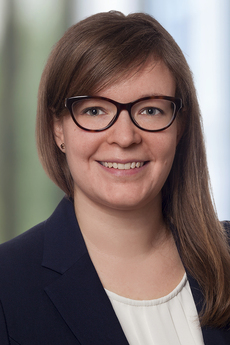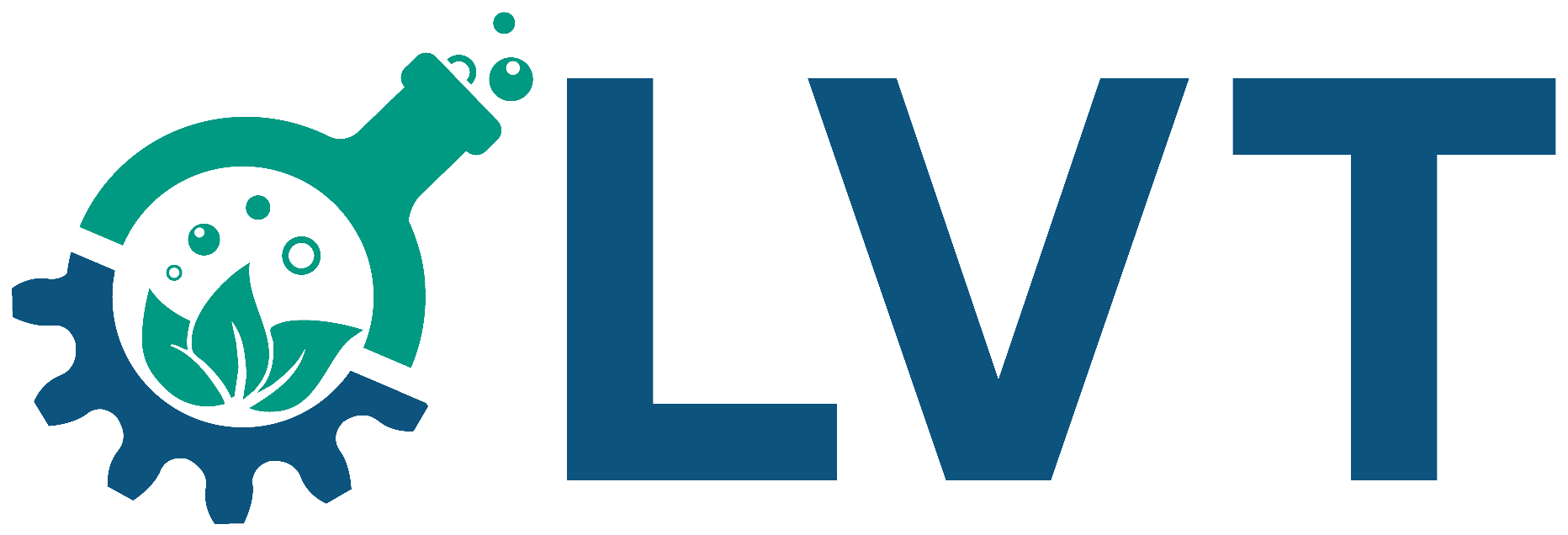
Dipl.-Ing Valerie Pietsch
- Wissenschaftliche Mitarbeiterin
- Protein Texturization via Extrusion
- group:
Extrusion
- room: A 1.12
- phone: +49 721 608 48586
- fax: +49 721 608 45967
- valerie pietsch ∂does-not-exist.kit edu
Postanschrift: Kaiserstr. 12
Liefer- und Besucheranschrift: Gotthard-Franz-Straße 3
Geb. 50.31, 4. OG
D-76131 Karlsruhe
About me
During my studies on food technology at the Technical University of Berlin I dealt with various aspects of food processing technology, food functionality and food microbiology. After completing my study thesis (Studienarbeit) at the Max-Rubner-Institute in Karlsruhe on modeling of microbial inactivation kinetics after UV-C treatment of fruit juices, I decided to stay in Karlsruhe to get to know the LVT at KIT. Here, I worked on my diploma thesis by researching on the emulsion stabilizing effect of whey protein-pectin conjugates in cooperation with Herbstreith & Fox. Since the end of 2013, I started my doctoral studies as part of my work as a research assistant at the LVT.
Research interests
The focus of my research lies on the structuring of plant proteins via high moisture extrusion (HME). Under protein structuring, one understands the denaturation and subsequent formation of new chemical bonds that contribute to altered protein structures. During HME, these changes of molecular structures are mainly influenced by such as temperature, shear and pressure. In addition, HME uses a long cooling die in which the protein molecules are aligned in flow direction. As a result, a protein network is formed that is similar to the structure of meat. Due to these characteristic product properties the process of HME is suitable for production of vegetarian meat substitutes based on plant proteins. However, to adjust the final texture of these products to the various structures of animal meat, plant proteins must be specifically structured. For this purpose, the interrelation between process parameters, changes in protein structure and final protein structure must be known. Similarly, knowledge on the relationship between final protein structure and final product characteristics enable the development of meat substitutes that match consumers expectations.
Methods
At the institute’s co-rotating twin screw extruder plant proteins can be structured at high water contents and temperatures. The downstream cooling die is of modular design in order to examine the influence of cooling rate and die geometry on final protein structure and product properties. Analysis of protein structure is conducted by determining the degree of denaturation by differential scanning calorimetry and fluorescence spectroscopy. The change in chemical bonds can be monitored via solubility analysis in various solvents such as SDS, urea and DTT. Molecular weight changes are detected via SDS-PAGE. Product properties of the vegetarian meat substitute are analyzed by texture analysis. In cooperation with PD Dr. Guthausen (DFG Gerätezentrum Pro2NMR), magnetic resonance imaging is used for non-invasive determination of the inner product structure.

